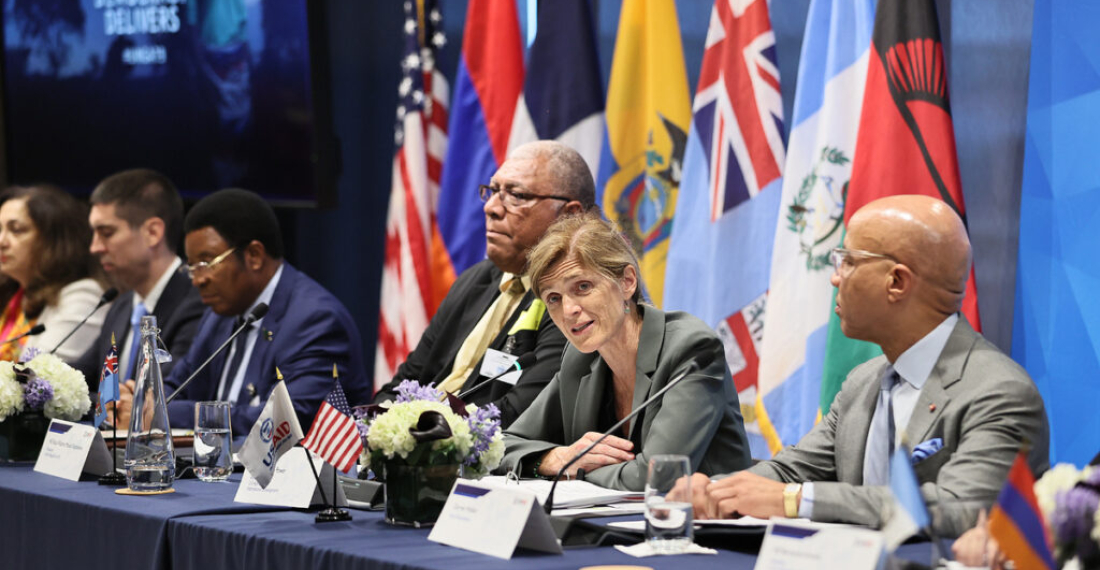The United States has announced a $20 million aid package to strengthen Armenia's cyber, border and energy security, USAID Administrator Samantha Power announced at a Democracy Delivers Initiative event in New York. The event, co-hosted by US Secretary of State Antony Blinken, was attended by Armenian Prime Minister Nikol Pashinyan.
This new funding follows a recent decision by USAID to more than double its five-year assistance commitment to Armenia from $120 million to $250 million. The expanded package will focus on improving governance, civic participation, and sustainable resource management.
In addition, the US Embassy in Armenia confirmed that $600,000 will be allocated to support independent media and promote media literacy as part of the Promoting Information Integrity and Resilience Initiative.
The announcement comes amid growing US-Armenia cooperation, following a series of funding commitments earlier this year to support Armenia's digital transformation and security sectors.







